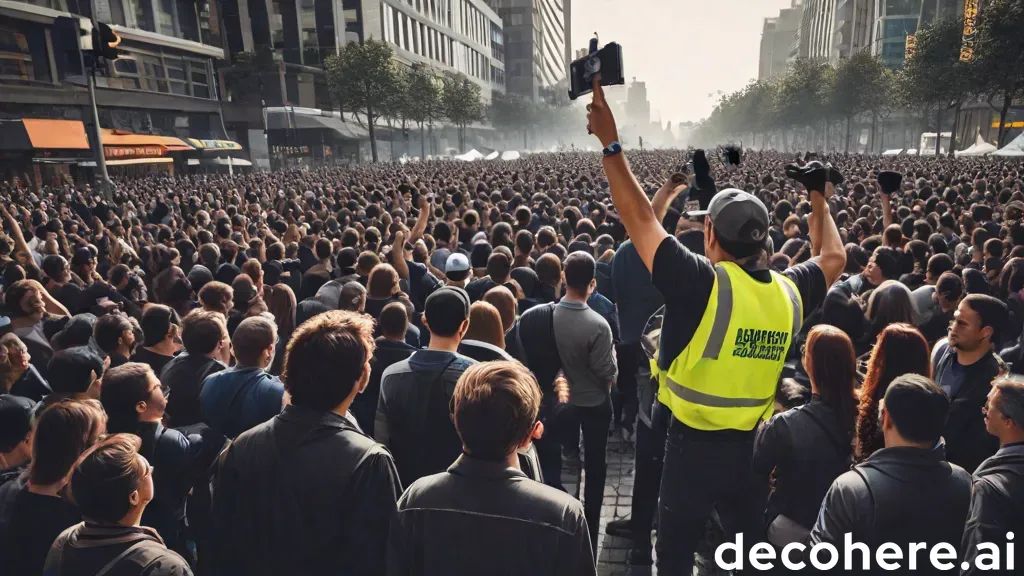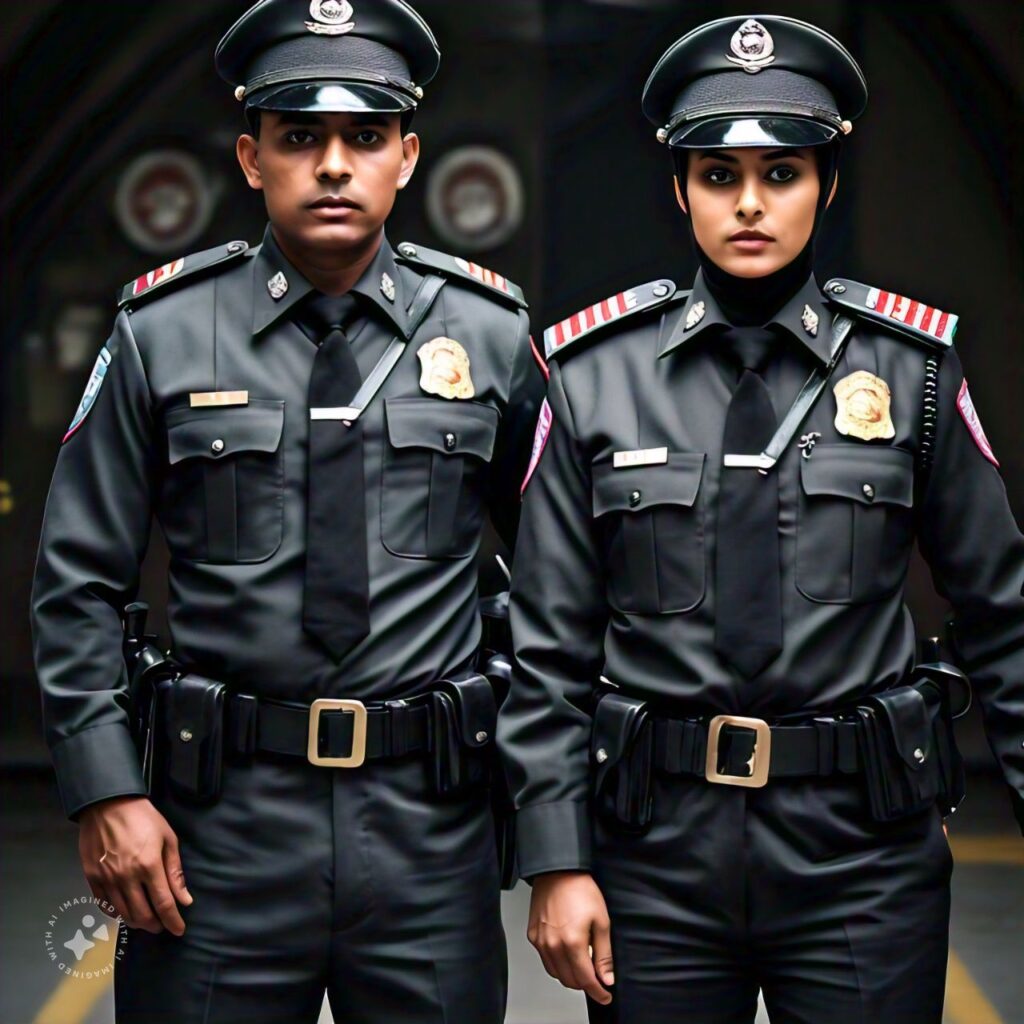Difference Between Crowd Controllers and Security Officers
August 8, 2024
Understanding the distinctions officers is vital for anyone looking to hire security services or between crowd controllers and security considering a career in this field. Both roles are essential in maintaining safety and order, yet their responsibilities, training, and environments differ significantly. This detailed exploration highlights these differences, ensuring clarity and engagement for readers while optimizing for search engines.
Roles and Responsibilities
Crowd Controllers:
Crowd controllers, commonly known as bouncers or door supervisors, primarily manage large groups of people in various settings. They play a crucial role in venues such as nightclubs, concerts, and sporting events by controlling entry and exit, ensuring compliance with venue rules, handling conflicts, monitoring crowd behavior, and responding swiftly during emergencies.

Security Officers:
In contrast, security officers have a broader scope of duties that can vary widely depending on their assignment. Their responsibilities typically include conducting regular patrols to deter unauthorized activities, monitoring security cameras and alarm systems, managing entry points to secure areas, documenting and reporting security incidents, and assisting visitors and employees with security-related inquiries.

Training and Qualifications
Crowd Controllers:
Training for crowd controllers focuses on managing large groups and handling conflicts effectively. This includes conflict resolution techniques, understanding relevant laws and regulations, maintaining physical fitness to handle confrontations, and basic first aid skills to respond to medical emergencies. For more details on the essential tools that can aid in these tasks, visit our page on security guard accessories.
Security Officers:
Security officers undergo comprehensive training covering various aspects of security. This includes protocols for patrols, surveillance, and access control, emergency response training, skills for accurately documenting incidents, and proficiency with security systems such as CCTV, alarm systems, and access control software. Detailed insights into these responsibilities can be found in our article on the duties of security guards.
Work Environment
Crowd Controllers:
Crowd controllers typically work in dynamic, high-energy environments where they manage large groups of people. Common workplaces include entertainment venues like nightclubs and bars, sporting events in stadiums and arenas, and large public gatherings such as festivals and fairs.
Security Officers:
Security officers, on the other hand, can be found in a variety of settings that often require a more structured and routine approach. These include corporate buildings, retail spaces like shopping malls and stores, hospitals and schools, and residential areas. For specific examples of specialized security services, refer to our section on mall security.
Conclusion
Recognizing the distinct roles of crowd controllers and security officers is essential for ensuring the right personnel are in place to meet specific security needs. Whether managing large crowds at events or maintaining order in corporate environments, both roles are crucial for safety and security. For those considering a career in this field, understanding these differences is the first step. To learn more about the skills and qualifications required for various security roles, visit our detailed guide on hiring security personnel. For more information on the range of services provided, explore our services overview.



